
In August, 1918, Matsuura Ito lives in a coastal village of Toyama with her husband and three children. During the summer, there wasn't much fish to catch, so her husband has been far away from home to catch fish. To support herself and her children, Ito carries goods from ships like the other women in the village. Meanwhile, the residents encounter rising prices for rice. The women are unable to feed their family due to the high prices of rice. The women ask a nearby rice store to sell rice at lower prices, but it fails. The price of rice continues to rise daily. Due to an incident, Ito and the other village women step up to the plate.
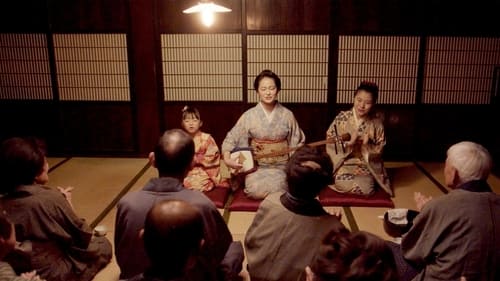
A "Goze" is a blind entertainer who travels to various places singing stories while playing the shamisen (Japanese three-stringed lute). Becoming a goze due to her blindness at seven-years-old, Haru was strictly trained with a parent's affection by her once kind mother, Tome.

Matchmaker
Iwao Shishido has found a wife. After paying three million yen for a bridal tour to the Philippines, he comes home with Irene, who is promptly confronted by Tsuru—Iwao’s freshly widowed mother, who’s infuriated her loser son has married a woman she’s never met.

Eiko Tanaka
Relatives gather from afar in wintery Ashibetsu upon the death of patriarch Mitsuo. A mysterious woman named Nobuko suddenly shows up. Her appearance gradually exposes wartime secrets and Mitsuo's unknown past.

The movie features a tragic love story involving three main characters and spanning two decades. Lin plays an exchange student from Shanghai named Yue Lin. Ikeuchi plays a ski patrol member she meets in Yubari, Hokkaido.

Kinu Matsumoto
Go, Masao! describes the relationship between people and their dogs. Comedian Hideki Matsumoto and a labrador retriever named Masao are selected to appear on the travel corner segment of a TV animal program. Until Hideki Matsumoto and the labrador retriever Masao become popular, they help each other.

Ono-dono
The mysterious life of Princess Nouhime.

Kayo (voice)
La historia se centra en Sosuke, un niño de 5 años, y su relación con una princesa pez que ansía convertirse en un ser humano. Libre adaptación de "La sirenita" que obtuvo muy buena acogida de la crítica en el Festival de Venecia 2008.
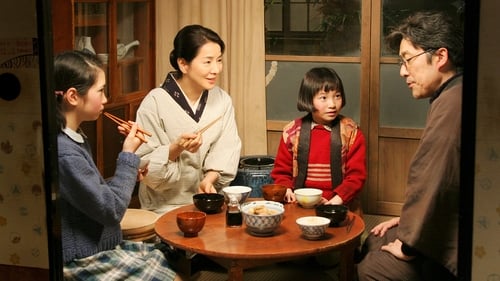
Fumi Fujioka
Drama familiar basado en la Segunda Guerra Mundial, situado en Tokyo en el año 1940. La familia Nogami tiene una vida pacífica pese a lo ocurrido últimamente, pero de repente el cabeza de familia, Shigeru, es acusado de ser comunista y es detenido por ello. Su esposa trabaja día y noche frenéticamente para poder dar de comer a sus dos hijas con el apoyo de Hisako, la hermana de Shigeru. La Segunda Guerra Mundial arroja horribles y fatídicas noticias, pero Kayo todavía guarda una última esperanza de que su marido vuelva algún día.
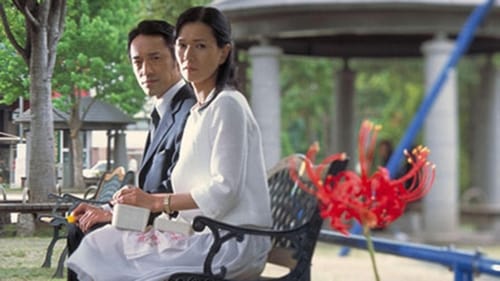
A Clerk at a cake shop
It is the second work of the Oita trilogy of Obayashi . Following " Nigori Snow ", Ise Masazo draws a song written by composers and songwriter "Farewell of 22 years old " as a motif and draws a story of love that spans two generations of mother and daughter.
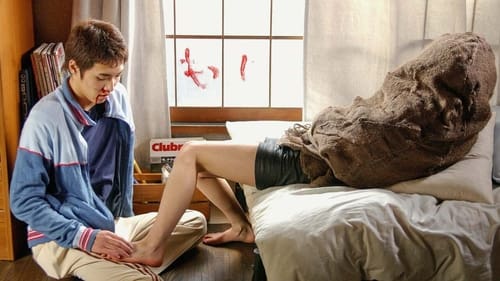
Unholy Women (Kowai onna), is a composite of three unrelated half-hour horror movies. A compilation of 3 separate short horror films (Rattle Rattle, Hagane, The Inheritance) written and directed by Keita Amemiya, Takuji Suzuki, and Keisuke Toyoshima respectively. The first segment, “Rattle Rattle”, tells the story of a young woman who is pursued by an evil other-worldly being. The second movie, “Steel”, concerns a young man who agrees to take the sister of his boss out on a blind date, drawing him into a world more frightening than he ever dreamed possible. The third and final episode, “The Inheritance”, is a supernatural tale of a woman and her young son, scarred by abuse and psychological trauma.

Three high school girls living out in the country build stories out from their local environment, mountainous and bordered by an unkempt buried forest.
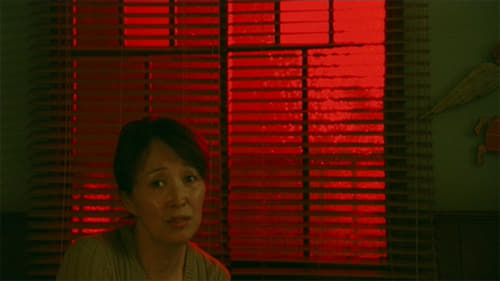
Toshiko Takarai
Four people are discovered brutally murdered in an up-scale high-rise apartment. All the victims appear to be family, but as the investigation deepens it is discovered that one of the victims isn't related to the family.
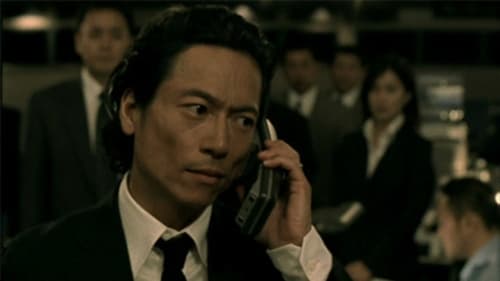
After a convenience store robbery, three unidentified men hold a group of people hostage in a hospital. Inspector Ishida and Captain Tohno handle the negotiations while one of their colleagues, Lt. Ando, tries to find out why the men decided to take the hospital hostage. Through flashbacks, relevant information is revealed to the audience. When the negotiations are finished, most things seem to be fine until they lose track of the criminals. Then, the story unveils from a different perspective, its roots in feelings of love and vengeance.
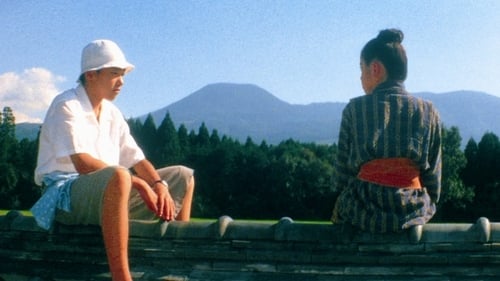
Commencing well-respected Nippon director Kazuo Kuroki's sixth decade behind the camera, "A Boy's Summer in 1945" (literally "A Beautiful Summer in Kirishima") is a lyric, novelistic drama set in the countryside in the last days before Japan's surrender ending WWII. Striking a welcome retro note in its languid pacing and delicate handling of seriocomic ensemble threads, handsome production is a natural for fests. It might also prove a cornerstone for retrospectives or ancillary releases of works by a helmer ("Preparation of the Festival," "Ronin-gai") who's long been appreciated at home but has won just limited attention abroad.

A story of two men, one recently bereaved, the other with a wife in a coma. From the popular song.
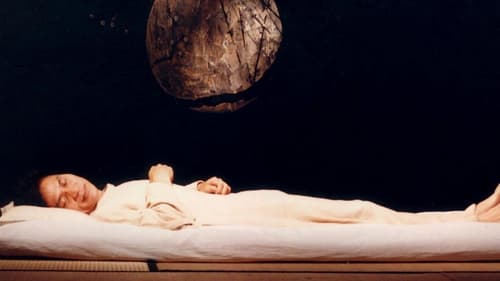
Tomiko
Ever since an accident in the mountains outside town, Takuji's slept in a coma; his neighbors care for him as new events occur every day.
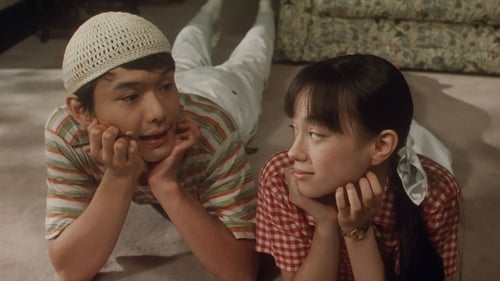
Asakura
Melodrama about the life of a mentally handicapped young man and his devoted sister after their famous novelist father and housewife mother go to Australia on a business trip.
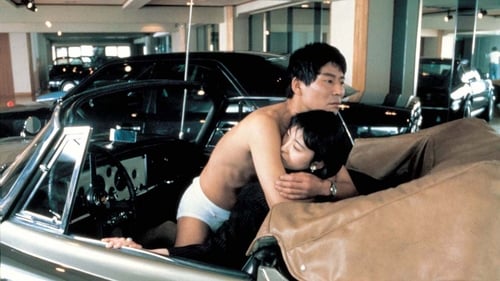
Asao's Mother
Una comedia de payasadas, sobre un tonto hombre de mediana edad que está obsesionado con la idea de tener sexo en el automóvil. Mientras persigue su 'sueño', hace todos los movimientos incorrectos posibles y termina inscribiéndose en una serie de locas escapadas.
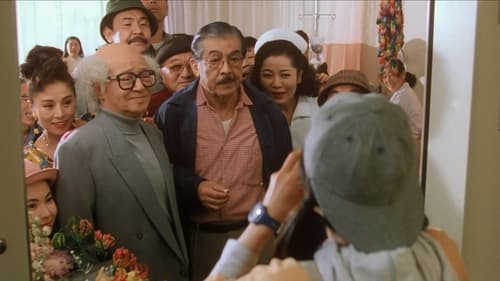
Patient's Wife
A successful Japanese movie director in his sixties becomes increasingly ill while working on his latest film. Though his family, friends, and doctor try to keep the secret of his terminal cancer from him, Buhei gradually comes to realize the truth of his condition, leading him on a journey of despair, anger, and, ultimately, acceptance.

Kohei has been afraid of racing ever since his brother died in a motorcycle accident a few months ago. He has talent on the running track, but always starts late and never wins. Then he decides to repair his brother’s motorcycle, despite his father’s strong objections.

Shizuko Ohnuki
In the desert of Egypt, Kurata, the CEO of the Japanese corporation Tokokaihatsu, is killed by a sniper. After the news reaches Japan, the CEO's lawyer, Yamamoto, receives a visit from two men that attempt to steal the deceased CEO's will. This is witnessed by two detectives, Tsuzuki and Ōnuki, but they fail to catch the perps. Yamamoto hands the detectives a set of keys before he stops breathing. Tsuzuki and Ōnuki now have to investigate Kurata's murder...
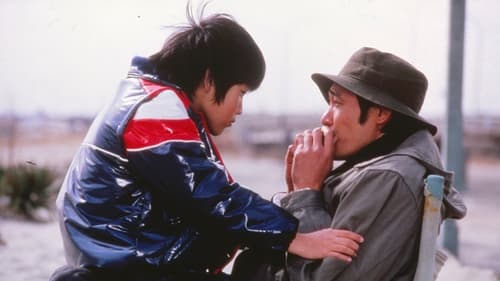
Chief Nurse
A drama depicting the conflict between a man that ran to an old lover suffering from advanced leukemia, his wife and child that were left behind, and the friendship that develops between his wife and his former lover.

Yumechiyo, a geisha house madam recently diagnosed with a terminal illness, yearns to do something constructive with the little time she has left. Through her responsibility lies in taking care of her girls, she finds purpose in providing a man innocent of a false murder charge and in the process discovers love for the first time in his arms.
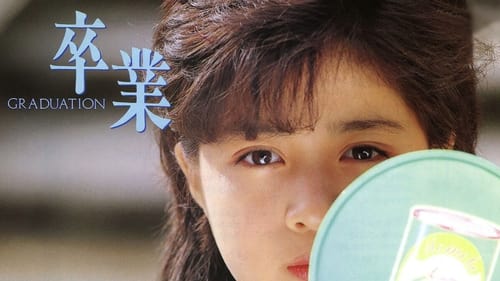
Renko Watanabe
Momoko Watanabe—a student who, upon visiting a shrine in order to wish good luck on a friend of hers, witnesses a murder in the forest...and she knows the culprit! Unfortunately, she doesn't have it in her to tell anybody about it, and to make matters worse, said aforementioned friend gets accused of the murder.
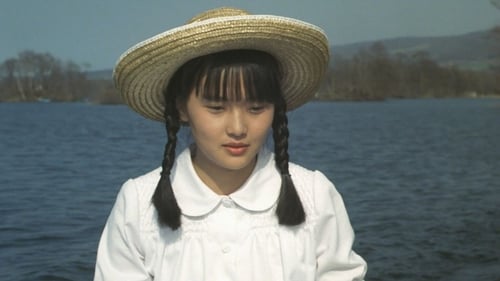
Shinsyun Ku
A film about the substantial population of Koreans living in Japan, and the love affair between Kayako, a Japanese girl, and Im, a Korean.

Tora-san leaves Shibamata once again after an argument with his family and finds himself at an inn where he meets Tomekichi, a young man who looks up to Tora-san.

Tomoko Abe
Reiko, una joven modelo, es proyectada hacia el estrellato del golf japonés por parte del editor de una revista de golf y moda que pretende aprovechar su imagen para promocionar su última gama de ropa deportiva. Su victoria en su primer campeonato profesional le brinda la oportunidad de tener un programa en la televisión. Sin embargo, su vida se verá afectada por el acoso de una envidiosa vecina. Diez años después de ser despedido por la productora Nikkatsu a raíz de la película "Branded to Kill" (1967), Seijun Suzuki volvió a la dirección con este filme en el que no abandona su estilo bizarro y extravagante.
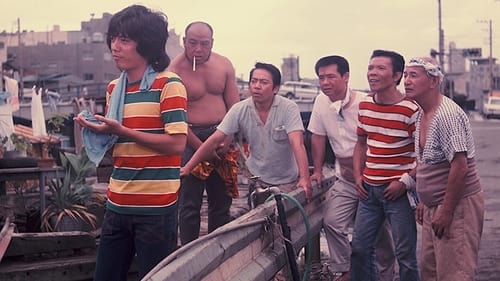
One day an innocent-looking girl in white clothes appears on board of a ramshackle boat The owner of the boat, Okin, decides to let Mari stay with him without asking her any questions. Turmoil ensues with the reaction of the crew when the runaway girl starts working alongside with them.
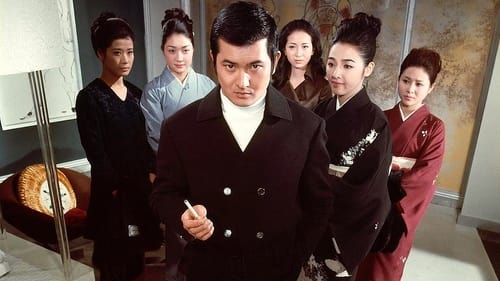
Sawako
Kagari (Akira Kobayashi), a scout and overseer of Ginza bar hostesses, receives an urgent phone call from Sawako, a hostess at the bar Rie, and rushes to Tokyo International Airport to meet her. When he arrives she is gone. At the bar he learns that Tabuchi, a steady customer, had been quite friendly with Sawako and may know something. Tabuchi claims he knows nothing and Kagari lets the matter drop. Over time Kagari learns from Takijima, a businessman, that Sawako is in a hospital in Yokohama. Takijima explains that he found her in Singapore working as a street girl and brought her back to Japan. Sawako had lost her memory after being subjected to narcotics. Kagari swears to find the person responsible.

Comedy around a motorman and a conductor of a streetcar.

Osugi
Adaptación más o menos fiel de la obra de Chikamatsu, preservando todas las convenciones del teatro kabuki y elevando el nivel de artificio con nuevos añadidos: encuadres excéntricos, composiciones hiperestilizadas y un gran uso del blanco y negro. Narra la trágica historia de amor entre una prostituta y un mercader casado.

Miyako
The story of a selfless mother and her family throughout the decades, from th 1920's to the 1960's.




























